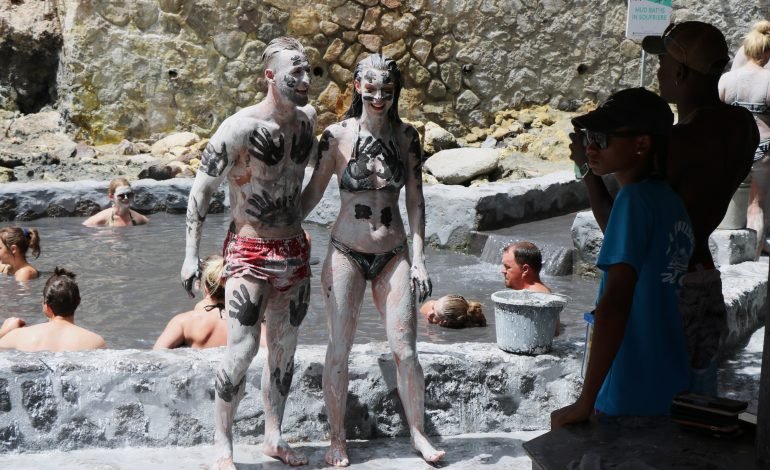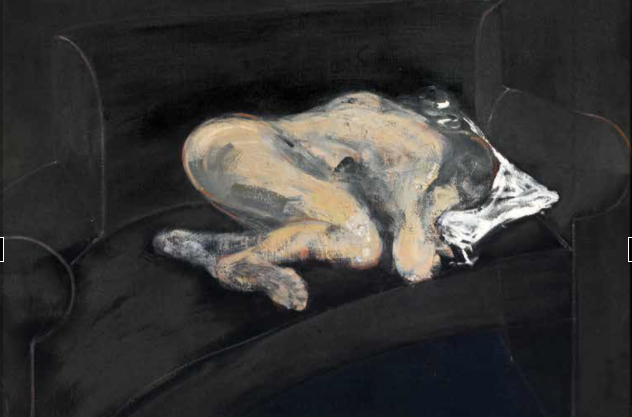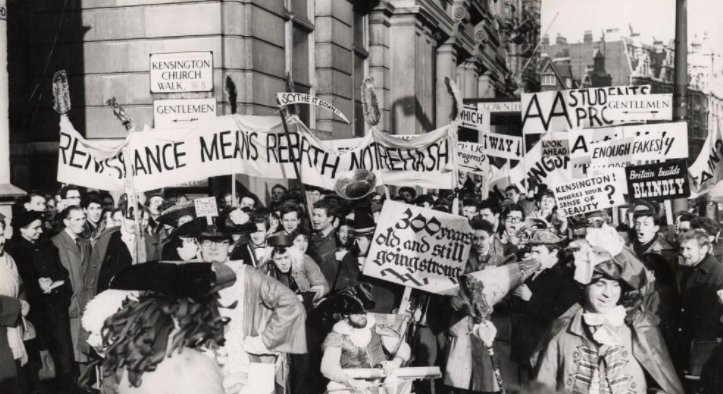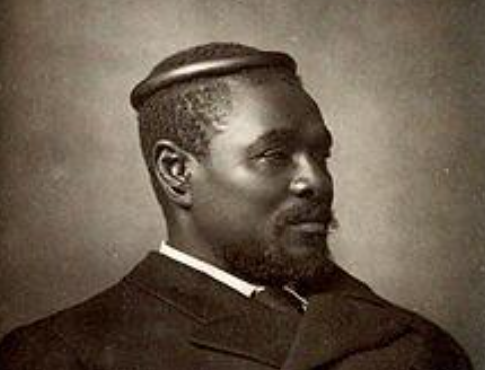Francis Ford Coppola Files $15 Million Lawsuit Against Variety Over Defamation Claims

Legendary director Francis Ford Coppola, known for his iconic works such as “The Godfather” and “Apocalypse Now,” has filed a lawsuit against Variety, claiming that a recent story accusing him of unprofessional behaviour during the production of his self-financed film “Megalopolis” was defamatory and libelous. The lawsuit, filed in Los Angeles Superior Court, comes just weeks before the highly anticipated release of Coppola’s ambitious epic in U.S. cinemas.
The 85-year-old director, who has spent decades crafting his cinematic legacy, is suing the entertainment trade publication for at least $15 million, alleging that the July article falsely accused him of inappropriate conduct, including trying to kiss female extras and operating an unprofessional set. Coppola’s lawsuit describes him as a “creative genius” unfairly targeted by those who are “jealous” of his achievements, with Variety’s writers and editors purportedly relying on anonymous sources to spread “reckless falsehoods.”
Variety’s article centred on alleged incidents during the filming of a nightclub scene for “Megalopolis” in Atlanta earlier this year. The story cited anonymous reports and videos from crew members, portraying Coppola as behaving with impunity. Footage showed the director walking through a crowded dance floor, occasionally leaning in to hug or kiss extras on the cheek. However, Coppola’s lawsuit firmly denies these claims, emphasising that all women were clothed, contrary to Variety’s mention of “topless” extras.
Coppola’s legal action also names the article’s authors, Brent Lang and Tatiana Siegel, as defendants, asserting that their reporting demonstrated a blatant disregard for the truth. Echoing U.S. Supreme Court standards for libel, the suit argues that Variety either knowingly published false information or acted with reckless indifference.
Variety’s spokesperson, Jeffrey Schneider, has responded by standing by the publication’s reporters, though he declined to comment on the active litigation.
Coppola expressed his dismay in a statement, highlighting the effort and respect that went into creating “Megalopolis,” a project that brought together hundreds of artists, from extras to stars. He lamented that the film’s production has been overshadowed by what he calls “false, reckless, and irresponsible reporting.”
Adding further complexity, one of the extras, Lauren Pagone, has come forward to accuse Coppola of unwelcome contact, stating that she was left “in shock” after being hugged and kissed by the director. Pagone has since filed her own lawsuit against Coppola in Georgia, accusing him of civil assault and civil battery. In contrast, another extra, Rayna Menz, told Variety’s sister publication, Deadline, that Coppola’s actions did not make her uncomfortable, illustrating the conflicting narratives emerging from the set.
Coppola, known for his bold, visionary style, has largely funded “Megalopolis” through the sale of assets from his successful wine business, underscoring his deep personal investment in the project. Set in a futuristic New York, the film stars Adam Driver and Nathalie Emmanuel and has been a passion project for Francis Ford Coppola, who has faced numerous challenges to bring his vision to the screen.
Despite the legal turmoil, the story of Coppola’s “Megalopolis” is a testament to his enduring passion for filmmaking and the challenges that come with pushing creative boundaries. As the film approaches its release, all eyes are on how these allegations might impact its reception. Coppola’s fight against Variety highlights broader questions about media responsibility and the pressures faced by artists working outside traditional Hollywood systems. For a deeper dive into the complexities of media law and defamation, check out this insightful guide to defamation law on The Guardian.
Stay tuned to EyeOnLondon for the latest updates on Coppola’s legal battle and exclusive insights into the world of cinema.









